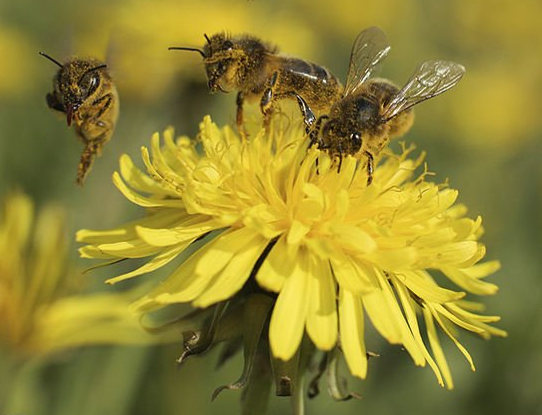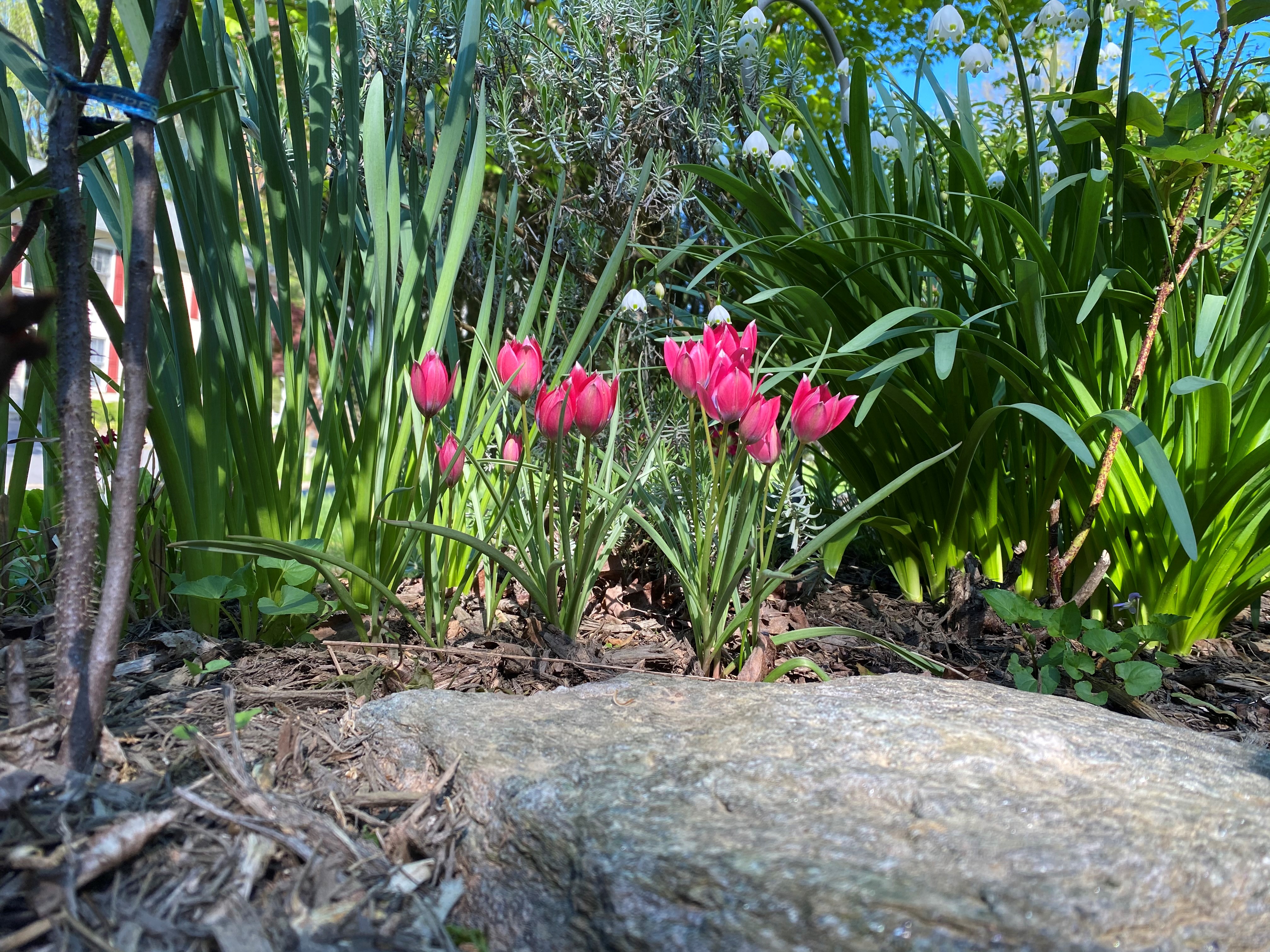
SUBSCRIBE PREVIOUS ISSUES
Take Action
Get into Gardening this Summer!
With summer in full swing, now is an excellent time to pick up a hobby that gets you outdoors. Gardening is a great hobby to consider, as it takes advantage of the season’s pleasant weather and has positive impacts on both your personal health and the environment around you.
One of the most apparent benefits of gardening is that it produces food. This food, often vegetables, comes with a variety of unique physical health benefits depending on what is planted. The lycopene present in tomatoes helps protect heart health and improves cholesterol, while the abundant vitamin K in cucumbers promotes healthy bones.1,2 Additionally, plants like tomatoes and cucumbers are rather easy to grow.3 Even herbs, which require less space than fruits and vegetables, can have unique and important health benefits.4 Another advantage of gardening is the abundance of produce you can grow. The constant supply of fresh food and the limited time until it spoils can motivate you to eat even more healthy produce!
Whether food or flowers, the mere act of going outside and tending to the garden itself has health benefits. Numerous studies have concluded that simply seeing plants, let alone being around them, can improve mood, decrease stress and promote positive mental health.5 Gardening activities such as digging, weeding and raking are also considered medium-to-high intensity activities and can be good ways to maintain fitness.6 In the cases of community gardens, it can even help improve your social health through community building and engagement.7
Alongside its numerous personal health benefits, gardening also positively impacts the environment. Vegetables have minor carbon sequestering capabilities, but their main environmental benefit is their ability to decrease our carbon footprint associated with food procurement. Almost 14% of the energy used in the U.S. food system comes from transportation.8 This is the equivalent of over 180 million metric tons of carbon dioxide emissions annually, which would be the same amount as almost 50 coal-fired power plants.9 Vegetables grown in personal or community gardens have greatly decreased transportation emissions, as they don’t need to be trucked in from a distant farm or shipped from overseas.
Additionally, flower gardens can help bolster pollinator populations by giving them adequate sources for food and shelter. Bees, as well as butterflies and even some bats, thrive off the pollen and nectar provided by flowers. Their activity is required for 75% of the world’s flowering plants and 35% of its food crops to grow.10 Sustaining a flower garden can provide local pollinators with the resources they need to survive.
Getting started in gardening can be very easy! There are several local and online resources, such as your regional park authority and even the USDA, that have abundant information available for those curious about soils to use, techniques to employ and seasons in which to start growing. For July and August in central Maryland, the best vegetables to grow would be radishes and turnips.11 If starting a flower garden, Butterfly Milkweed or any other native wildflower could make for a beautiful, low-maintenance way to support pollinators.12
Furthermore, you can get involved in your local community garden to add a fun, social component to your growing. If you cannot find a community garden near where you live, consider joining the NIH Building 35 Post-Bac Gardening Group instead. Regardless of your choice, make sure to take advantage of the pleasant weather this summer by planting something special!
Featured Article

| Perils of Our Pollinators
Now that it is warmer out, you are likely to see more and more bees buzzing about your home or the NIH campus. Bees, as well as other pollinators, are incredibly important to our ecosystem, but disease outbreaks and climate effects have begun impacting bee populations in recent years. Fortunately, new research is being completed to counteract these maladies!
LEARN MORE
|
Spotlight

| NIH Building 35 Post-Bac Gardening Group
In Fall of 2020, Anirban Banerjee was struck with a revelation: post-bacs at the NIH have a difficult time communicating with one another. This difficulty was intensified by the effects of the pandemic. Learn about the gardening group he created to give post-bacs a way to communicate!
LEARN MORE
|
NEMS Training
Did you know? Almost 80% of the crop plant species worldwide require animal pollination to reproduce. To learn more about pollinators and their role in the ecosystem, please visit the NEMS Training webpage to view a short (20 minute) NIH environmental awareness training video.
The NIH Green Zone Newsletter is a publication intended to inform NIH staff about the Division of Environmental Protection and NIH Green Teams projects and initiatives. The text contained in this newsletter is not copyrighted and can be reprinted without permission. If you use portions of this newsletter in your own publication, we ask that you please credit the source. We welcome your comments and suggestions. Thank you.
|
|---|
| Division of Environmental Protection | Office of Research Facilities | Office of Management
National Institutes of Health | U.S. Department of Health and Human Services
|